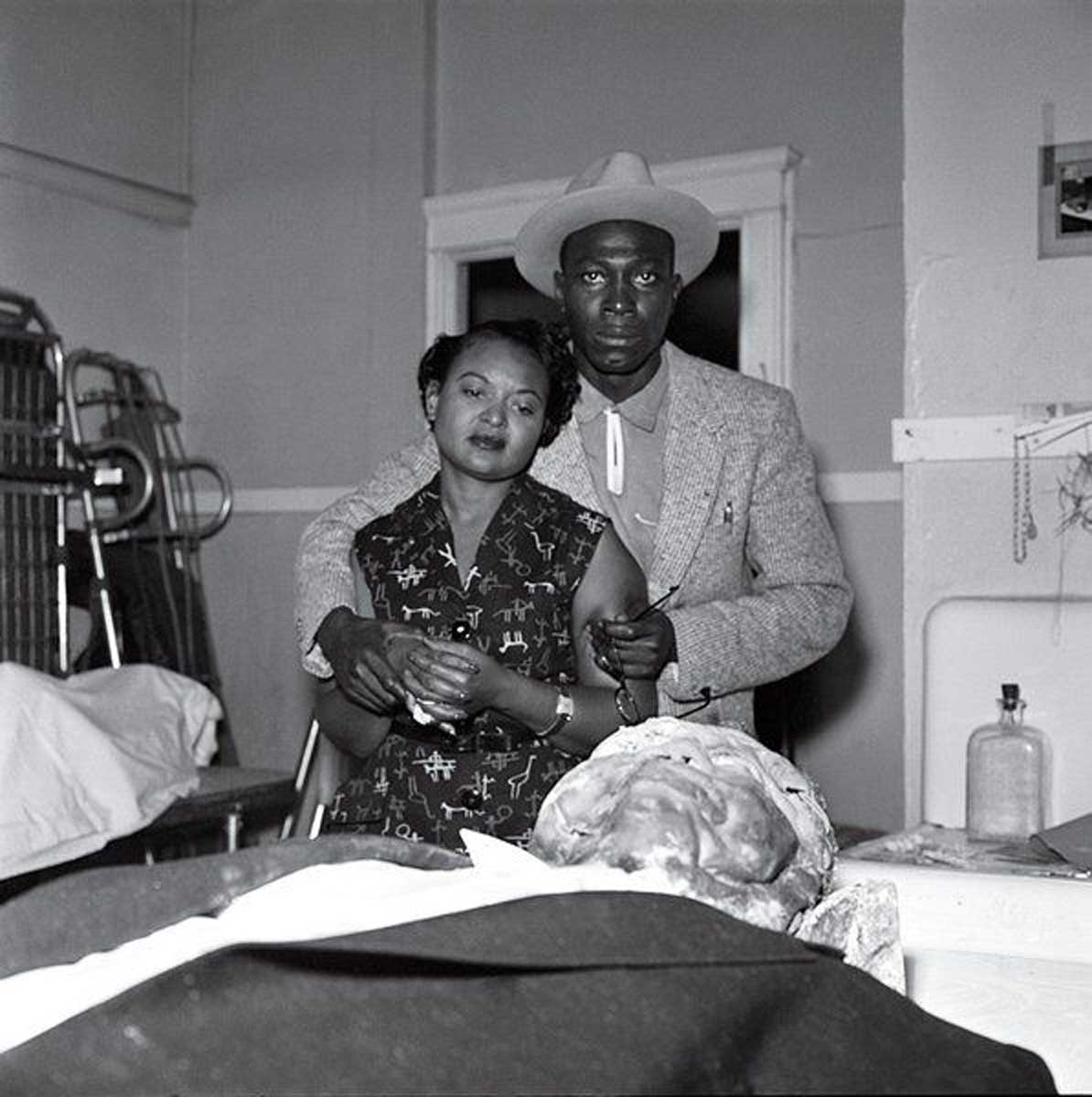Doctors, scientists sour on raw milk sales
Published 6:00 am Tuesday, May 12, 2015

- MorgueFile
AUSTIN – Converts to raw milk swear by its nutritional value, with enzymes and immune-boosting bacteria that get blanched during pasteurization. Now available only at some dairy farms, milk straight from the cow has won fans including an East Texas lawmaker who hopes to loosen restrictions on its sale.
But raw milk still concerns some in the medical and scientific communities who worry about its ability to spread disease and hope to keep it bottled down on the farm.
Rep. Dan Flynn, R-Canton, is author of a proposal allowing those with permits to sell raw milk or raw-milk cream on the farm, at a consumer’s home or at a farmers’ market – unless prohibited by local ordinance. House lawmakers approved the measure last week.
Judith McGeary, executive director of the Farm and Ranch Freedom Alliance, said it doesn’t make sense to strictly regulate sales of something that’s so widely available in parts of Europe that you can buy it in a vending machine.
“We don’t make people drive to the coast to get sushi,” McGeary said. “Why do we make people drive to the farm to buy raw milk?
“It’s the only food we place this kind of restriction on,” she said.
Texas now licenses more than 50 dairies that sell raw milk for $7.50 to $12 per gallon, said McGeary. Aged hard cheeses made from raw milk are more widely available.
Reports of illness are rare, she said – about 120 cases nationally per year. Loyalists point to research showing that raw milk protects against asthma and allergies, and that it cuts the risk of ear infections and respiratory tract infections by 30 percent.
A survey by the U.S. Centers for Disease Control and Prevention shows about 3 percent of the country – or about 750,000 Texans – drink raw milk. Only six cases of illness in Texas have been linked to raw milk since 1998, according to the CDC.
Those benefits notwithstanding, some in the medical community hope to keep a cap on milk that isn’t given the ultra-hot treatment of pasteurization. The Texas Pediatric Society opposes expanded sales of raw milk. The American Medical Association, American Veterinary Association and Texas Environmental Health Association generally oppose drinking it.
And the American Academy of Pediatrics has endorsed a national ban on sales of unpasteurized milk and related products, including certain fresh, soft and soft-ripened cheeses.
Raw milks and cheeses are responsible for 82 percent of disease outbreaks related to dairy products from 1973 to 2009, according to the Texas Pediatric Society, citing CDC data. It notes the likelihood of a disease outbreak from raw milk is “150 times grater than the risk from pasteurized milk.”
Jodie M. Halter, executive director of the Texas Environmental Health Association, said the supposed benefits aren’t supported by science.
“It is proven, however, that raw milk can become contaminated in a number of ways – by coming into contact with cow feces or bacteria living on the skin of cows, from an infection of the cow’s udder, or from dirty equipment, among others,” said Halter. “Pasteurization is the only effective way of killing most, if not all, harmful bacteria.”
Even dairy farmers aren’t unanimous on the idea of drinking untreated milk.
Mateo Kehler, head cheese maker at Jasper Hill Farm in Greensboro, Vt., who uses unpasteurized milk from a 250-cow Ayrshire herd to produce 150 tons of cheese each year, said he opposes loosening sales of fluid raw milk.
There’s a big difference between consuming unpasteurized milk and eating a slice of cheese made from it, he notes.
“If you contaminate your milk you can make people sick,” he said. “The science very clearly lays out the risks associated. But cheese is a very different product.”
John Austin covers the Statehouse for CNHI’s Texas newspapers. Reach him at jaustin@cnhi.com.





